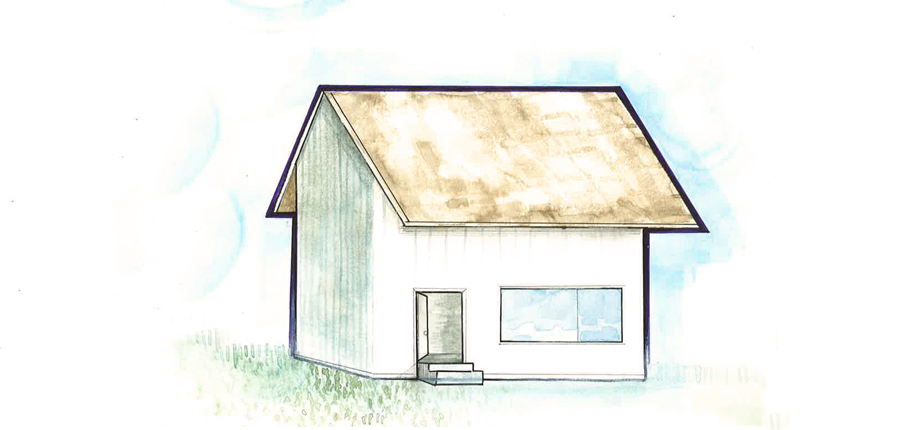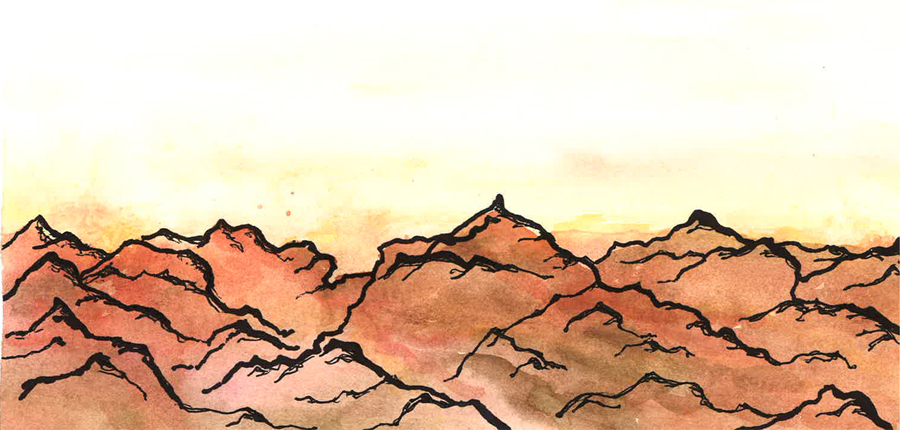Ruth 2v1-23
The Gleaning (Part Five)
(Click here to listen to the third Ruth teaching)
Verse of the Week:
“...WE WERE AS GENTLE AMONG YOU AS A MOTHER FEEDING AND CARING FOR HER OWN CHILDREN. WE LOVED YOU SO MUCH THAT WE GAVE YOU NOT ONLY GOD’S GOOD NEWS BUT OUR OWN LIVES, TOO.” 1 Thessalonians 2v7b, 8 NLT
More Words from the Father:
1 Samuel 1v19-2:11
1 Samuel 2v18-21
John 19v25-27
Ruth 4v15
Psalm 127
Psalm 78v1-7
From my Heart:
Pages from the past: September 1998
Off to School
Today my little boy went off to school.
He was afraid. I was afraid.
He was excited. So was I.
He was brave. I cried.
We chattered cheerfully in the van on the way to school. He looked so fresh and grown up in his new haircut, plaid shirt tucked neatly in, appropriately cool baggy pants and black suede tennis shoes. I took pictures in front of the flagpole. He smiled.
Walking into the classroom, he gripped my hand in sweaty palm and sat oh-so-quietly at his pint-sized desk.
“Don’t leave yet, Mom. Wait ‘til all the other parents go…”
I rubbed his back and labeled his supplies. Crayons, scissors, lots of glue, a binder covered in G. I. Joe stickers. I took a picture of my little boy at his desk. No smile.
Time for Mom to leave. One last squeeze of his shoulder. One last kiss on his cheek and out the door.
That’s when the tears betrayed me. Unbidden, they pushed against my eyes, threatening to embarrass me completely. Gulping them back, I waved with false cheer at a neighbor and drove in my empty van to my empty house. So quiet.
No chaos, no arguments, no laughter, no messes.
I have looked forward to this day. I have made plans. For years I had said, “When my children all go to school…”
Yet today I can do nothing. I grieve an end of an era. An era I have loved, filled with memories I cherish.
I did my share of complaining to be sure. “Can’t I even go to the bathroom alone?!” But I loved the unrushed mornings cuddling with blankie and bear and my squirmy little boy.
I loved the Lego creations and the storybooks and Wee Sing tapes. I loved sidewalk chalk and popsicles dribbling down dimpled chins. Rainy days spent building forts in the family room with blankets anchored with encyclopedias.
Most of all, I have loved the absolute trust in his eyes. He knows I am here for him to protect him, to be proud, to understand.
For I am Mom. Matthew’s mom. The Best-Mom-in-the-Whole-World.
That is who I was yesterday when I held him as a babe in my arms. It is who I am today as I leave him at his desk- at school. And tomorrow, when he is a man, I will still be…Mom.
From my heart,
Diane
ETC.
King Eglon
“the very fat man”
The ancient Jewish Midrash claims that Ruth was actually the daughter of the infamous Moabite King Eglon. Of course, no one can know for sure, as there is no concrete written record to confirm such speculation. Reaching back into history, let’s take a look at his story…
Sometime towards the beginning of the period of the Judges of Israel, a despised Moabite King led a coalition of Moabites, Ammonites, and Amalekites (all of whom were distant relatives of the tribes of Israel, descendants of Lot’s incestuously conceived sons) who attacked and conquered the land of Promise. King Eglon and his entourage set up some sort of headquarters at Jericho also called the City of Palms. There they collected a required monetary tribute from the subdued yet subversive Israelites.
In 1933, a British archeologist uncovered the Palace of Eglon. It was a single structure set in solitude amongst the rubble of the once great city of Jericho. On top of the building was an “aleah,” a rooftop sitting room that provided a cool retreat from the heat of the day. These rooms were built to catch the prevailing winds, a kind of unmechanized air conditioning, which only the very rich enjoyed. It was there that King Eglon sat in all his condescending splendor to accept the tribute so abhorrent to his conquered enemies.
For 18 years, King Eglon ruled over the Israelites, draining their already subsistent economy to the point of poverty.
Finally, the over-burdened people of God “cried out to the Lord” (Judges 3v15). Yahweh had prepared a man for this very purpose - a man named Ehud. His name means “loner” and indeed, he stood alone for God in his courageous and dangerous mission. Ehud was an interesting choice. The text states that he was left-handed, but a further look at the Hebrew wording indicates that in reality, he relied on his left hand due to the fact that his right hand was rendered useless. Ironically,
Ehud was born into the tribe of the Benjamites, which means “son of the right hand.” In spite of his handicap, or maybe because of it, God used him to set His people free from a particularly oppressive enemy. Here’s how it happened: Ehud studied his opponents meticulously before crafting his daring plan. He knew that the guards had become careless over the years. No one had ever made a valid threat on their king’s life. It was their habit to haphazardly search visiting emissaries with a cursory search for weapons on the right side of the body. After all, every soldier knew that weapons might be hidden on the right side of a man’s body where they could be drawn swiftly. In addition to that useful piece of knowledge, Ehud understood that the king was an enormously obese man who spent his days on the aleah in an attempt to alleviate his discomfort in the hot Middle Eastern climate. His own country of Moab sat high on a plateau, cooled to a comfortable year round temperature by breezes from the Mediterranean Sea.
Crafting a custom-made sword, which historians believe would have been at least 30 inches long, he strapped it to his left side before entering the King’s chamber to pay his tribute. After much bowing and a plentitude of eastern obeisance, the entourage filed out. But not Ehud. He turned to the king and whispered, “I have a secret for you…”
At once, the foolish King sent his bodyguards out; eager to hear what he must have thought would benefit him in some way. Alone, now, Ehud approached the King, thrust the double-edged sword straight towards his belly, and killed him. To his surprise and horror, the sword disappeared into the fat man’s belly without a trace (My, the gruesome stories that must have proliferated around the campfires that night)!
Quickly, Ehud slipped out of the rooftop chamber, locking the doors behind him. As he hurried out of the palace he could hear the worried whispers of the servants, wondering why the King seemed to be taking so long. “Perhaps he’s going to the bathroom,” (the less-than-polite transliteration of the idiom “he’s covering his feet” in verse 24) the servants murmured, as they went about their business. Meanwhile, Ehud escaped unnoticed and blew a trumpet in a signal to summon the fighting men of Israel. They gathered at the ford of the Jordan River, cutting down thousands of Moabite men fleeing their fallen king.
-Read all about it in Judges 3-
Midrash
The Jewish Midrash is an ancient commentary on parts of the Hebrew Scriptures. These were written by rabbis “both steeped in Bible and absorbed by the Jewish questions of their time.” In particular, the “Great Midrash” is the name of the collections linked to the five books of the Torah (Genesis, Exodus, Leviticus, Numbers, and Deuteronomy) and the “Five Scrolls” (Esther, Song of Songs, Ruth, Lamentations, and Ecclesiastes).
Compiled between 200 and 1000 A.D., these writings are, in effect, commentaries, which have earned the respect of Jewish scholars and teachers. These documents hold no claim to infallibility and are used primarily for the application of Biblical teaching to Jewish life and law.






























